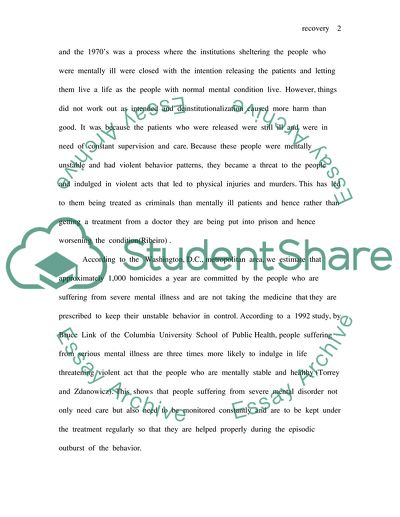Cite this document
(Mental Health and Recovery Dissertation Example | Topics and Well Written Essays - 4000 words, n.d.)
Mental Health and Recovery Dissertation Example | Topics and Well Written Essays - 4000 words. Retrieved from https://studentshare.org/health-sciences-medicine/1724347-recovery-and-social-inclusion
Mental Health and Recovery Dissertation Example | Topics and Well Written Essays - 4000 words. Retrieved from https://studentshare.org/health-sciences-medicine/1724347-recovery-and-social-inclusion
(Mental Health and Recovery Dissertation Example | Topics and Well Written Essays - 4000 Words)
Mental Health and Recovery Dissertation Example | Topics and Well Written Essays - 4000 Words. https://studentshare.org/health-sciences-medicine/1724347-recovery-and-social-inclusion.
Mental Health and Recovery Dissertation Example | Topics and Well Written Essays - 4000 Words. https://studentshare.org/health-sciences-medicine/1724347-recovery-and-social-inclusion.
“Mental Health and Recovery Dissertation Example | Topics and Well Written Essays - 4000 Words”, n.d. https://studentshare.org/health-sciences-medicine/1724347-recovery-and-social-inclusion.


